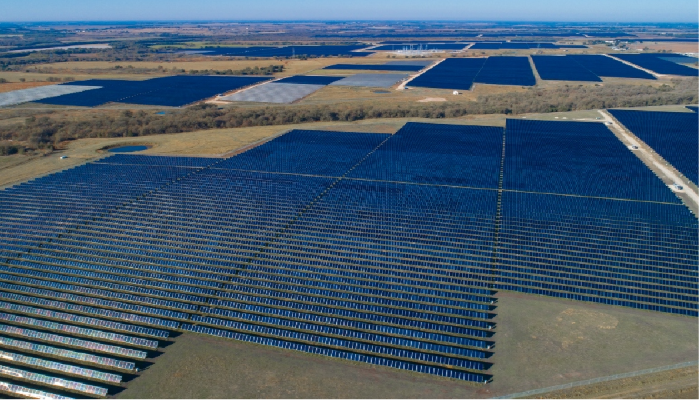U.S. International Trade Commission recommends extension of solar tariffs

Today, the U.S. International Trade Commission recommended an extension of Section 201 global safeguard tariffs on solar cells and modules. President Biden now has discretion to take this recommendation into consideration and make a final decision.
In a bulletin, the USITC said the relief “continues to be necessary for U.S. industry producing crystalline silicon photovoltaic cells, whether or not partially or fully assembled into other products.”
The USITC held a virtual hearing on Nov. 3 where supporters and opponents of the tariffs shared their concerns. Bifacial solar panels remain exempt from the tariffs for now, after a Nov. 16 ruling by the U.S. Court of International Trade (CIT).
Abigail Ross Hopper, president and CEO of SEIA, issued the following statement on the USITC’s recommendations to President Biden:
“Four years of tariffs has proven to be an ineffective way to incentivize solar manufacturing and create American jobs. President Biden has made it clear that climate change is an existential threat and that we need to deploy as much clean energy as possible to address it. A new round of Trump-imposed safeguard tariffs will hamper U.S. solar development in their wake, and we hope President Biden sees the damage they will cause to his clean energy vision.
“Under the Section 201 tariffs, America lost out on 62,000 solar jobs, including a net-loss of 6,000 solar manufacturing jobs. SEIA remains committed to growing domestic manufacturing, but tariffs aren’t the answer. It’s time to enact real industrial policy, like Senator Ossoff’s Solar Energy Manufacturing for America Act, to foster and grow the solar manufacturing sector here at home.
“We are urging President Biden to take a different approach from the previous administration and reject these tariffs. With sensible trade policy and the enactment of Build Back Better legislation, the solar industry will be well positioned to maximize deployment and create a domestic manufacturing supply chain to meet historic demand for clean energy.”
One company that filed an August petition to the ITC seeking to extend the tariffs for four additional years issued a statement of support for the decision.
“The ITC vote confirms what we have been saying for years — that U.S. solar manufacturing needs a runway to fully come back from a decade’s worth of predatory trade practices that have decimated the industry,” said Auxin Solar CEO Mamun Rashid in a statement. “We are grateful to the International Trade Commission for voting to extend safeguard protections, and we look forward to working with the Biden administration to ensure they understand just how critical this extension is to building an American solar supply chain that will create good-paying manufacturing jobs and ensure our energy independence from the Chinese Communist Party.”





